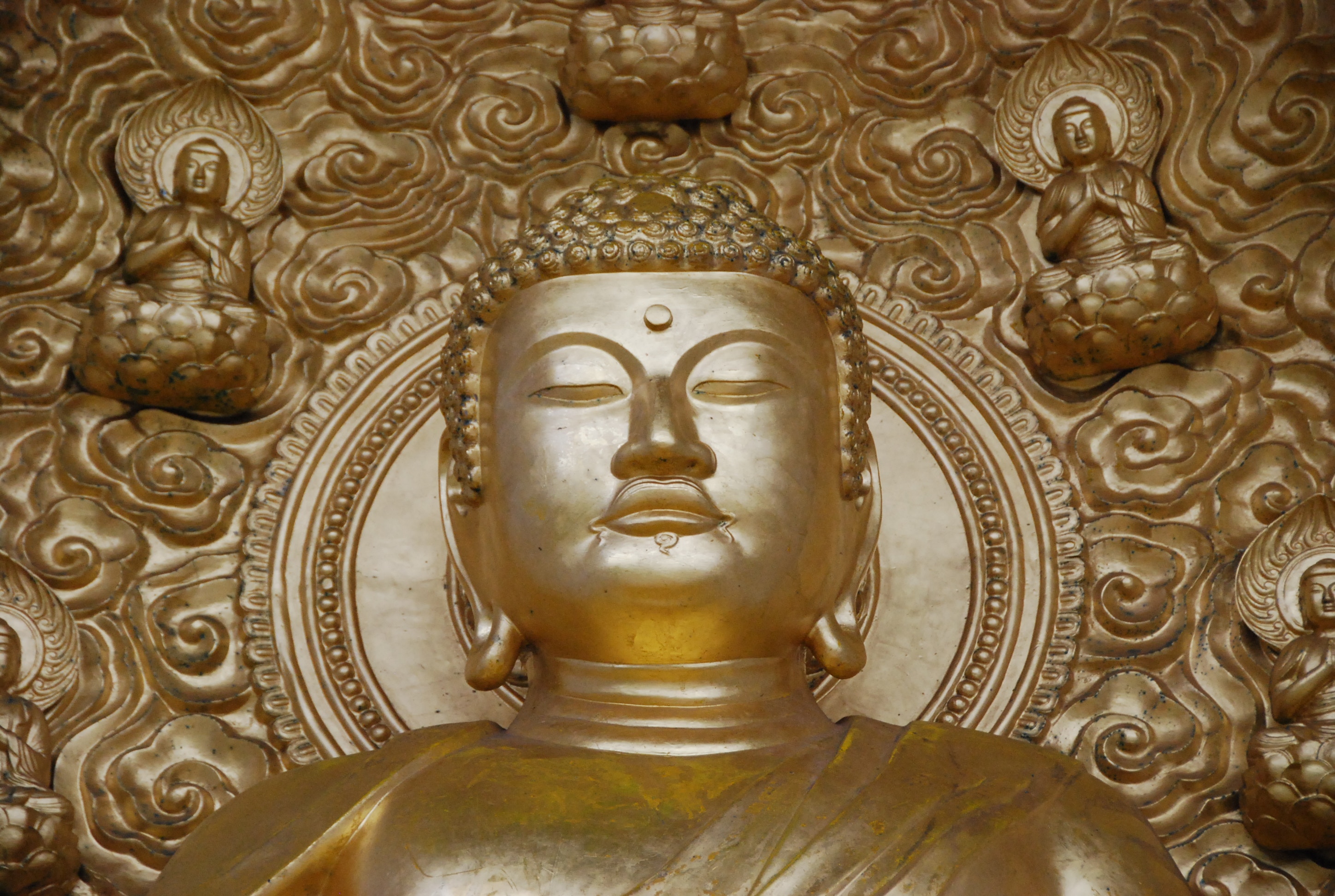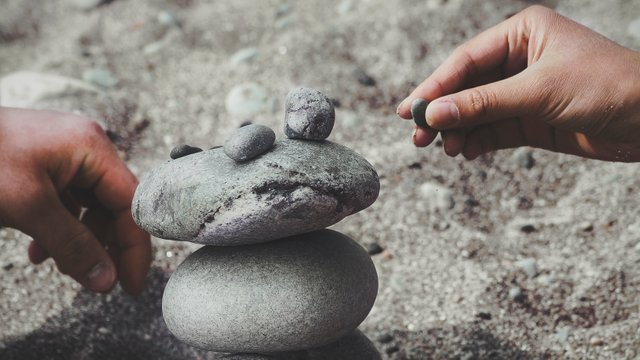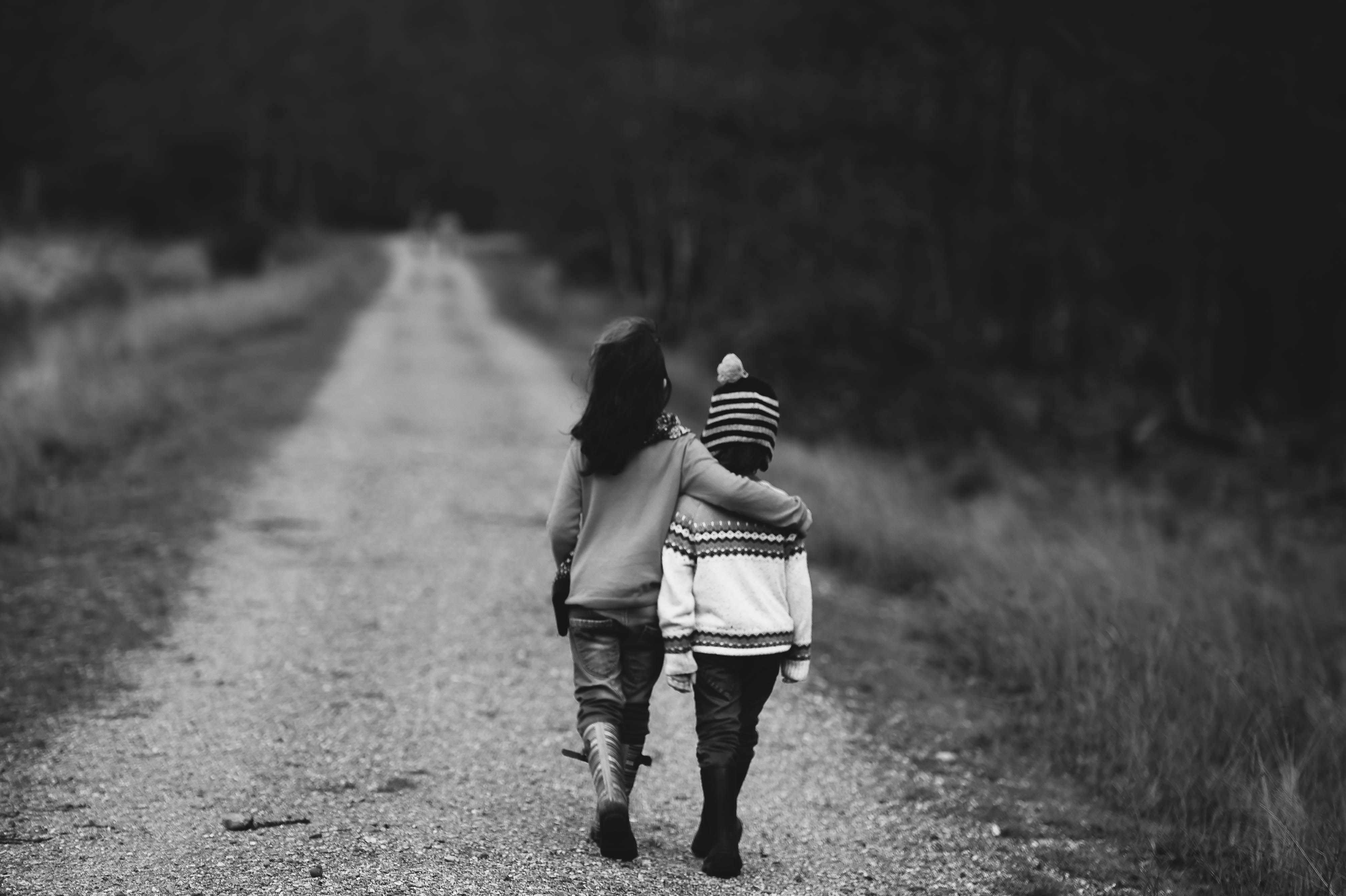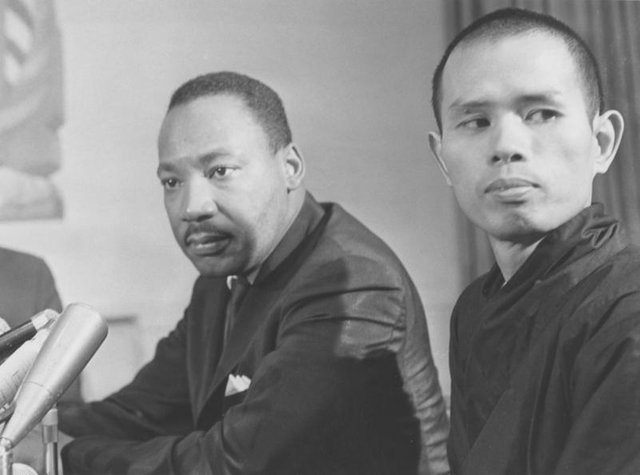
In the last essay on compassion toward ourselves we saw that we keep in mind the defilements and the kleshas which are the negative seeds that we carry within us as human beings. We also saw the scientific agreement with this truth in the negativity bias that helped our species survive. So we have it, it is in every one of us and just that bit of knowledge can lead us on the path of compassion, and is the second stage of metta-bhavana which again is:
- Understanding the defilements and working to overcome them
- Toward ourselves
- Toward our loved ones
- Toward people we feel neutral toward
- Toward those with whom we are having conflicts
- Toward all sentient beings
We build the foundation inside ourselves and once we see how the defilements operating inside our own minds and we taste the first bit of compassion for ourselves because we now understand it is not our fault that we have negative tendencies in our minds. We are working to overcome them by at first shining awareness on them and we taste our first relief of suffering that comes from having compassion for ourselves. We are then ready to shift our intention to having compassion to the ones that we feel closest to.

Photo by ANDRIK LANGFIELD PETRIDES on Unsplash
We Are All the Same Inside
When we have disagreements with, judgements about and differences of opinion with those we love it is easy to feel negative and separate. This again is due to our human negativity bias. So, since we already know this we are prepared to extend the compassion we have been cultivating inside ourselves now to them. They have the same condition we do in the defilements and just the small amount of knowledge can be the key to creating consistent peace with many people we love. In essence instead of conflict or annoyance our new ground zero becomes extending lovingkindness.
An example of this would be you think of a good friend. Visualize them as vividly as possible, and contemplate on their good qualities. Feel into your connection with your friend, and your positive regard for them, and in your mind encourage these to grow by repeating quietly ‘may they be well; may they be happy’ to yourself. You may also try using an image, such as shining light which very often symbolizes purity from your heart into theirs. These techniques — a phrase or an image — may be used the next two stages also.

Photo by Annie Spratt on Unsplash
You repeat to yourself ‘may they be well; may they be happy’ quietly to yourself. You can also use an image, such as shining light from your heart into theirs. You can use these techniques — a phrase or an image — in the next two stages as well.
This practice will help us actively cultivate positive emotional states towards ourselves and others, so that we become more accepting, kind, patient, and compassionate.
It’s part of a series of four practices which lead to the arising of:
• lovingkindness
• compassion (empathizing with others’ suffering)
• empathetic joy (rejoicing in others’ wellbeing and joy)
• and equanimity (patient acceptance of both joy and suffering, both our own and others’)
The metta bhavana is the foundation practice for this series of meditations.
The practice, leading as it does to the realization of compassion, is central to Buddhism, to the extent that the Dalai Lama >has said “My religion is kindness.” While this statement may appear almost platitudinous, it’s actually indicative of >something profound about spiritual practice. ~Wildmind

Photo by Gerome Viavant on Unsplash
Beyond the Self
The wisdom of this practice lies in the fact that much of our suffering comes from a lack of knowledge of how the mind works and what reality is. Since much of what we perceive about reality is distorted due to how we evolved through natural selection we kind of have a backwards approach to true happiness. We often become people pleasers in an effort to get our needs met then wonder why things don’t turn out they way we think they should and feel even emptier than before. This is due to the natural attachment humans naturally have that help us survive especially as children. As adults in this modern age we don’t need each other for our physical survival as much as when we did not have all the technological advances that we now enjoy. However, we do need healthy relationships for our emotional and psychological health and this has become a glaring issue on our quest for happiness in these times.
We don’t understand what our true psychological needs are so we think we are trying to get needs met when we are really trying to fulfill * expectations *. In essence this is the core of selfishness. This can really get taken to extremes but even a small amount of self-centeredness and unmet expectations will cause suffering and this is at the heart of the human condition. But, as many of us have experienced, when we take the time to care about others and give of ourselves we temporarily feel relieved of the suffering of striving to get what we think are our own needs like when we volunteer. Sometimes we may get a feeling like “I’m a good person” but this is also an indicator of self-centeredness which is a focus on the * false self * we feel lighter and fulfilled.
Dr. Martin Luther King Jr.
Today happens to be the day we pay homage to one of the most revered civil rights activists of all time. Dr. King worked tirelessly not only for fighting against racial injustice but to change the hearts of people. He impressed upon all who heard his words to regard others as individuals and to regard the contents of their hearts by their character and to serve others without any expectation of personal gain.

Thich Nhat Hanh first wrote to Dr. King in 1965. They met a year later in 1966, during one of Thich Nhat Hanh’s trips to the US to call for peace. In January 1967, Dr King nominated Thich Nhat Hanh for the Nobel Peace Prize. They meet for a second, and last, time at thePacem in Terris (“Peace in the World”) Conference in Geneva, May 28-31, 1967. A few days later, on April 4th, 1967 on Dr King’s return to the US, he gave his famous speech at the Riverside Church in New York, coming out publicly against the Vietnam War.
Dr. Martin Luther King, Jr. on Thich Nhat Hanh:
I know Thich Nhat Hanh, and am privileged to call him my friend… [He is] an apostle of peace and non-violence… He has traveled the world, counseling statesmen, religious leaders, scholars and writers, and enlisting their support. His ideas for peace, if applied, would build a monument to ecumenism, to world brotherhood, to humanity.
[Nominating Thich Nhat Hanh for the Nobel Peace Prize in 1967]
Thich Nhat Hanh on Dr. Martin Luther King, Jr:
The moment I met Martin Luther King, Jr., I knew I was in the presence of a holy person. Not just his good work, but his very being was a source of great inspiration for me… On the altar in my hermitage in France are images of Buddha and Jesus, and every time I light incense, I touch both of them as my spiritual ancestors… In Vietnam, we refer to Dr. King as a “Bodhisattva”, an enlightened being devoted to serving humanity…* ~PlumVillage.org
Giving From Our Hearts
Once we are well on our way to removing the obstacles to relating to the people we love with clarity, grace and compassion then we can truly give from our hearts. We can also then truly receive. Our interactions with our loved ones no longer has a transactional quality to them but a quality of freedom. Once we have established this within ourselves we can begin to convey it to those closest to us.
Practicing in the direction from inner to those closest to us we gradually build up the inner resources to take it further and further and I think by now you can see how this is possible. Toward the end of this series of * metta-bhavana * lovingkindess compassion practice will be engage in a guided meditation of the practice. For now we can rest in the knowing that there is a way out of suffering and we can extend that to those around us.
Photo MLK Jr and Thich Nhat Hanh - PlumVillage.org
What do you think?
Recent Posts
Creative Problem Solving Through Meditation
Making Mindfulness Meditation Work For You – Part 1
Noble Eightfold Path
Making Mindfulness Meditation Work For You Part 2 - The Noble Eightfold Path - Right View
Making Mindfulness Meditation Work For You Part 3 - The Noble Eightfold Path - Right Thought
Making Mindfulness Meditation Work For You Part 4 - The Noble Eightfold Path - Right Speech
Making Mindfulness Meditation Work For You Part 5 - The Noble Eightfold Path – Right Action
Making Mindfulness Meditation Work For You Part 6 - The Noble Eightfold Path – Right Livelihood
Making Mindfulness Meditation Work For You Part 7 - The Noble Eightfold Path – Right Effort
Making Mindfulness Meditation Work For You Part 8 – The Noble Eightfold Path – Right Mindfulness
Making Mindfulness Meditation Work For You Part 9 – The Noble Eightfold Path – Right Concentration
Making Mindfulness Meditation Work For You – The Noble Eightfold Path Part 10 – Ethics, Compassion and Wisdom
Metta-Bhavana Lovingkindness
Meditation and Buddhism - What is Compassion?
Meditation and Buddhism - What is Compassion? - Part 2 - The Three Poisons
Meditation and Buddhism – What is Compassion? – Part 3 – Toward Ourselves

@soulsistashakti is a musical artist and writer based in NYC as well as a practitioner of Buddhist teachings. You can check out my music on my FB artist page at https://www.facebook.com/soulsistashakti
PS "me" is not a category that I know of, it won't let me delete it :) I was trying to type mediation.
Ahh, this has inspired me to visualize all the people and friends around me in a positive way. I never thought of doing this really, never came to my mind... But I can see that it will have positive changes in my life :)
Downvoting a post can decrease pending rewards and make it less visible. Common reasons:
Submit
Yay that makes my heart smile :)
Downvoting a post can decrease pending rewards and make it less visible. Common reasons:
Submit
We are all the same inside, we are one is so true. Once I started to think like this, I can see myself in each person.
Downvoting a post can decrease pending rewards and make it less visible. Common reasons:
Submit
We're all human...sometimes we forget
Downvoting a post can decrease pending rewards and make it less visible. Common reasons:
Submit
For sure. Thanks @soulsistashakti!
Downvoting a post can decrease pending rewards and make it less visible. Common reasons:
Submit